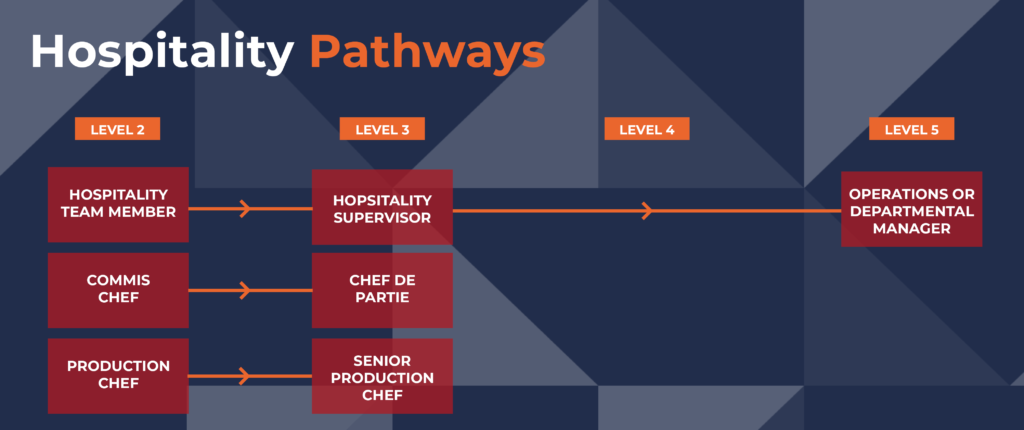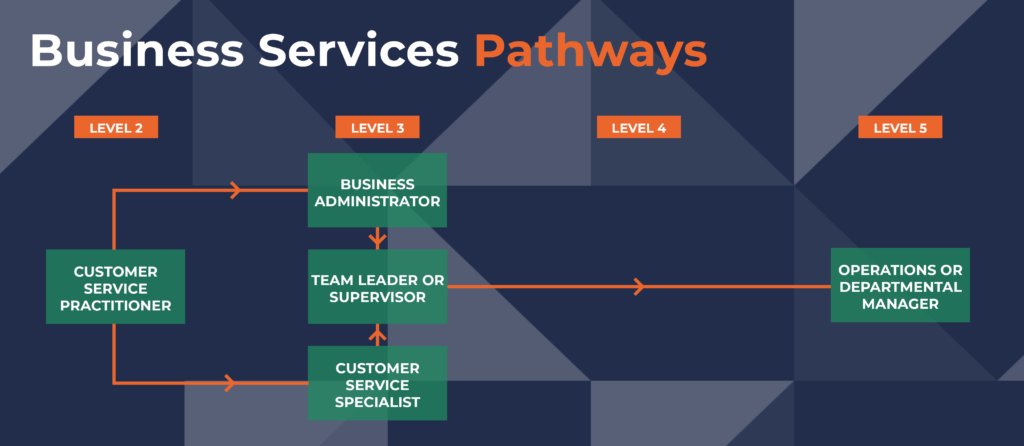- 13th February
- Jack wickenden
Inside the World of Apprenticeships: A Conversation with Steve McKenna
National Apprenticeship Week is a time to celebrate the incredible opportunities available through apprenticeships. We had the chance to sit down with Steve McKenna from Pinnacle Service Families to discuss the impact of apprenticeships, their benefits, and how they are shaping the future of the workforce.

A Commitment to Growth and Development

Steve McKenna has been involved in Learning and Development for over a decade, with a strong focus on upskilling employees to meet the evolving needs of the defence sector. Since joining Pinnacle in 2021, Steve has played a key role in mobilising the Pinnacle Service Families contract and implementing structured learning initiatives.
According to Steve, one of the primary benefits of apprenticeships is their ability to support career development and internal mobility. “For me, it’s a commitment to developing our people,” he explains. “We want to equip individuals with the knowledge, skills, and experience needed to excel in their careers, ensuring that they feel valued and invested in.”
The Success of Apprenticeships in Career Progression
Pinnacle has already seen tangible success in its apprenticeship initiatives. “Every one of our early apprentices has gone on to secure a managerial position within the company,” Steve shares. “Some have progressed into senior housing officer roles, while others have moved into area management positions.”
One standout example comes from Pinnacle’s Strategic Estate Management team. Instead of hiring externally for surveying technicians, Pinnacle identified employees who could be upskilled through apprenticeships. “This approach allowed us to maintain our company culture and ethos while developing internal talent to meet new demands,” says Steve.
A Culture of Continuous Learning

Identifying employees for apprenticeships is a structured process at Pinnacle. Managers engage in open conversations with their teams during performance reviews, discussing career aspirations and potential growth opportunities. Pinnacle also uses an internal system called Staff Circle to track employee development. “It’s about knowing your people and understanding where they can develop,” Steve emphasises.
Working with Learn Plus Us
A key component of Pinnacle’s apprenticeship success has been its partnership with Learn Plus Us. “Learn Plus Us took the time to learn about our business, ensuring that apprenticeships align with our industry requirements while remaining transferable,” he says. “Their communication has been fantastic, keeping us updated on apprentice progress and providing a holistic approach to learning.”
The Future of Apprenticeships at Pinnacle

Looking ahead, Steve believes that apprenticeships will become even more integral to Pinnacle’s operations. “It’s part of our contractual promise to invest in our staff,” he explains. “With our contract running for a minimum of seven years, we need to ensure we’re developing seasoned professionals who can drive innovation and efficiency.”
For organisations considering apprenticeships, Steve’s advice is clear: “If you want a workforce that is engaged and feels invested in, apprenticeships are essential. Partnering with the right training provider ensures alignment with business objectives and creates a win-win situation for both employees and the company.”






















